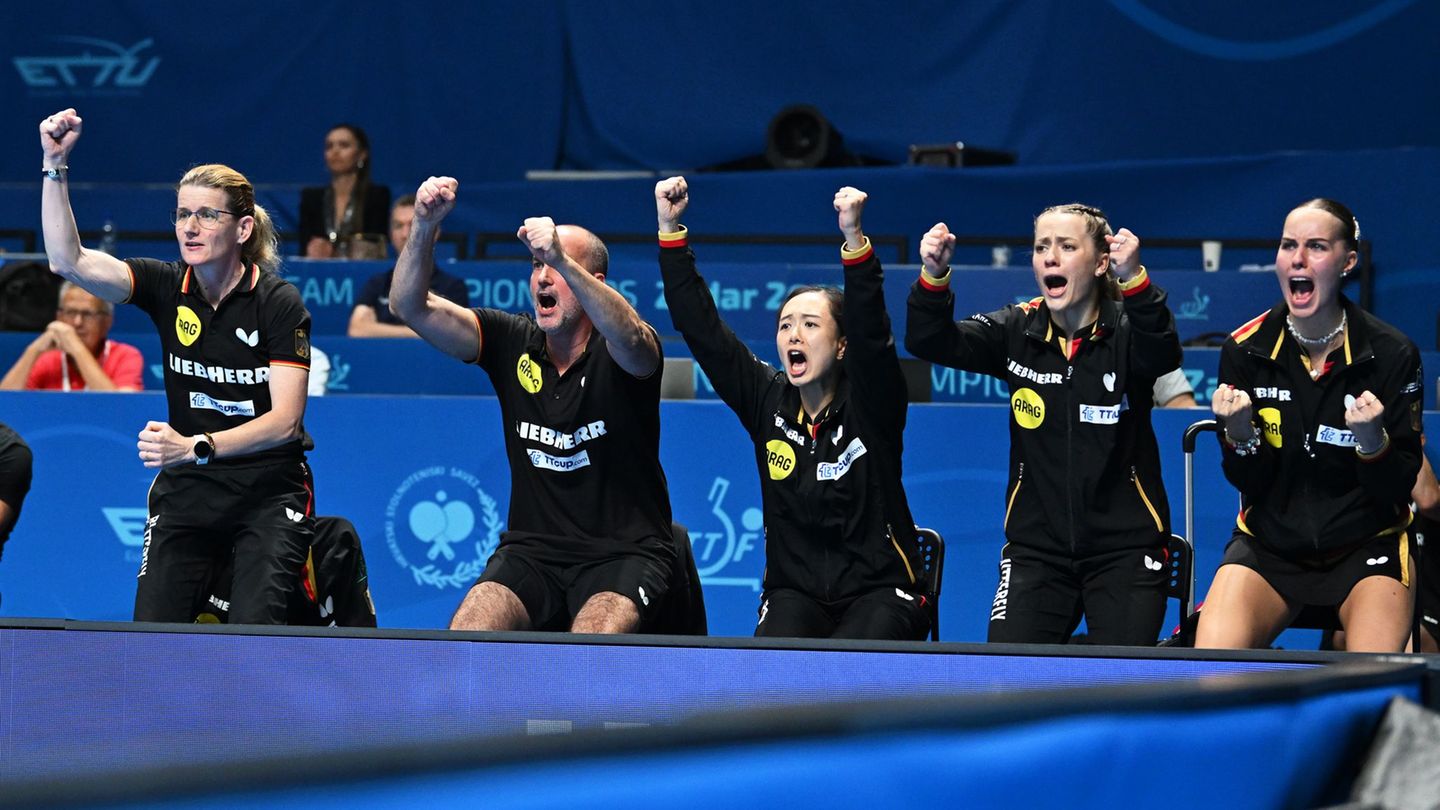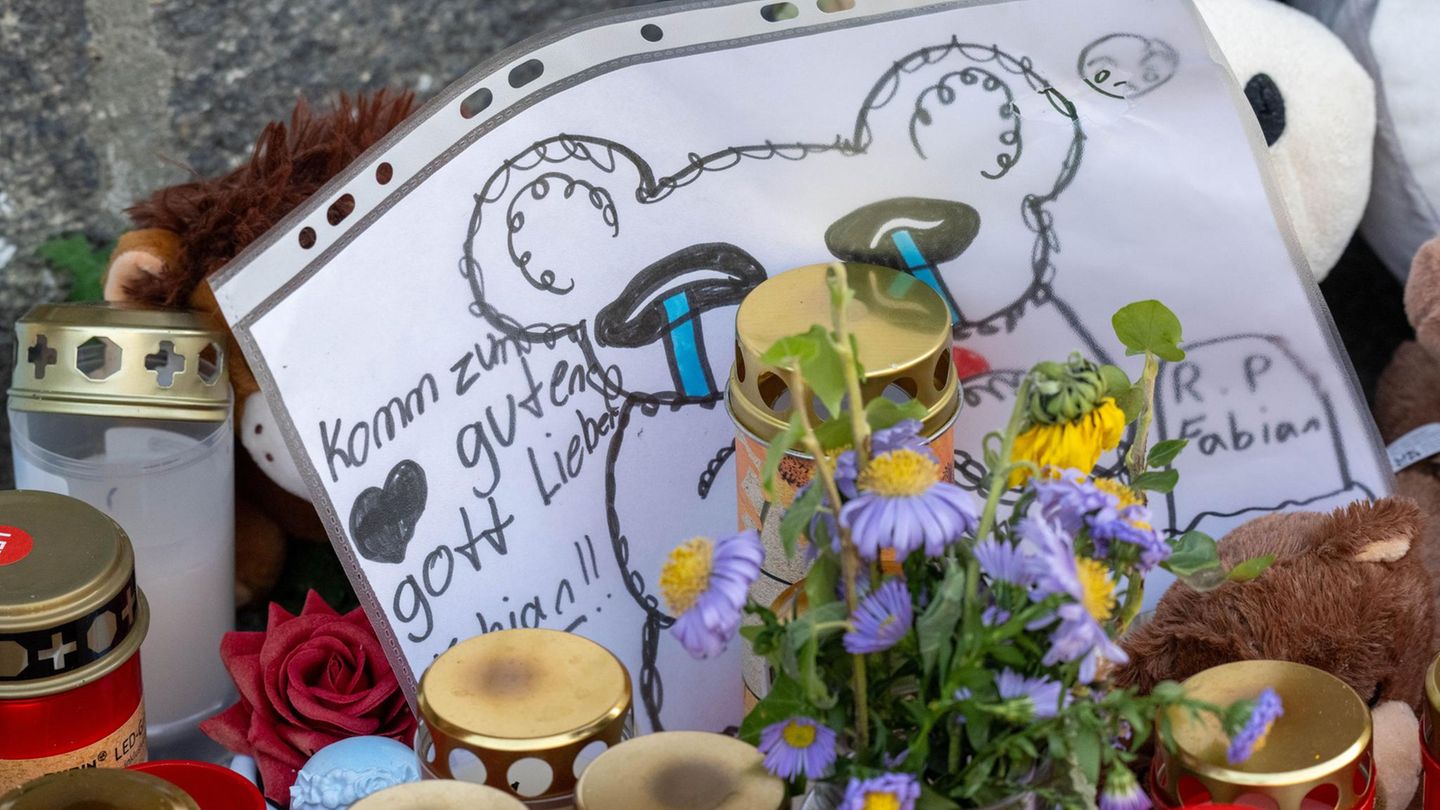Image: reinhard winkler 0699 81639929
The call from which Marina Lackovic found out that she had won the important cabaret prize “Salzburg bull” wins (more on the right), the 33-year-old will probably never be forgotten. Above all, “because I didn’t understand for the first few minutes that I should get it”Lackovic recalls – better known as her stage character, the sharp-tongued Slavic sweeper Malarina.
She believed that they wanted to book her for an appearance at the winner’s gala in Linz’s Posthof. Never in her life did she think she would ever be awarded as a cabaret artist, let alone that people would pay to see her perform.
From the artist’s point of view, it was probably just as beautiful a misunderstanding as the one on the phone call that chose her. There are also misunderstandings as to what Lackovic is doing in her cabaret debut “Serbs are dying slowly” offers that they to “Salzburg bull” led. It is often referred to as ethno comedy.
How would she describe it herself? “As a historical-political satirical reappraisal of the tense relationship between two countries.” In her case between the former Serbia and Austria. “I have no problem with the term ‘ethno’. But it sounds a bit like I’m dancing folklore.” Ethno comedy is the spice of their program, but the main dish is political satire. What Malarina is booked for does not lack a certain irony here: you want to show yourself to be cosmopolitan with her, but you also increase the stamp of the “minority”. When she was at a “Diversity Week” performed, it reminded her of a culinary festival. “I felt like a cevapcici with onions.”
“Everything else is cowardly”
In doing so, Lackovic wants to pose as naive to rabid “Balkan pichka” Malarina camouflage, break down borders. “Laughing together is the first thing that can turn an issue into a collective one.” It softens hardened views while it “felt” allow more distance to a topic. “Austrians and Serbs alike can take issue with my material because it is sometimes hard. But a lot needs to be said.” She just keeps busy “with minorities to which I belong and communities with which I identify. One should only speak about groups one suspects to be in one’s hall and who can answer in their mother tongue. Everything else is cowardly.” Born in Yugoslavia, she came to Tyrol as a guest worker’s child, later she studied comparative literature in Vienna. She wanted the world after her death “a very tragic novel” leave behind. When her surroundings advised her to write something funny, she sent her first texts to artist Denice Bourbon from “Politically Correct Comedy Club” in Vienna. Bourbon immediately encouraged her to perform with it.
Then came the step into cabaret; She couldn’t say why she made that decision. She probably didn’t make the decision, but asked for it. “I’ve always looked for what I do best and for a long time I didn’t know what that was.” In the past four years now “a lot is happening very quickly, events are happening all the time”. She wanted to absorb all the good things. “But not every artist is gifted with the strongest self-esteem. I can’t take all of this lightly. Such a final applause is sometimes not so easy to endure.”
Where does she then get the strength to say what others shy away from? “Who or what should I fear? I was nobody before, and if the material is bad, tomorrow I’m nobody again.”
info
- The renowned cabaret prize will be awarded to Malarina, Mathias Tretter (D) and Dominic Deville (CH) on May 6th. The Posthof in Linz is the venue for the first time. The evening before, Josef Hader and Otto Lechner are guests there with a (music) evening. Both days will be moderated by Gery Seidl, who received the “Salzburg Bull” in 2016. Maps: www.posthof.at
“Serbs are dying slowly” is a cabaret “history lesson” about the relationship between Austria and Serbia. It begins with the assassination in Sarajevo, goes from the world wars to the era of the guest workers, deals with the Balkan war and the “massive scare” about Jörg Haider, the love for “Tschuschenwhisterer” Heinz-Christian Strache and the Ibiza video.
more from culture
John Travolta’s suit off “Saturday Night Fever” auctioned for $260,000
Dance days in Linz’s Posthof: sensual tango meets creative freedom
Mother’s Day at the OÖN: voices with heart & humor
It is sung again with a view
: Nachrichten
I am an author and journalist who has worked in the entertainment industry for over a decade. I currently work as a news editor at a major news website, and my focus is on covering the latest trends in entertainment. I also write occasional pieces for other outlets, and have authored two books about the entertainment industry.




